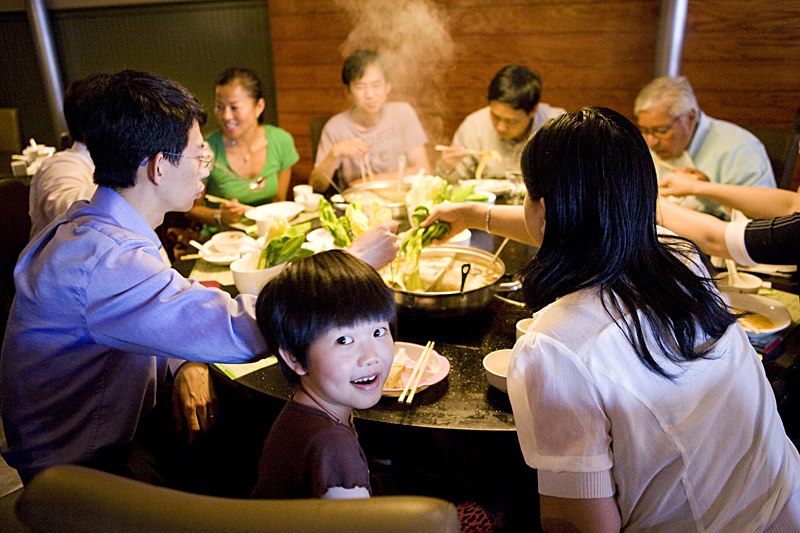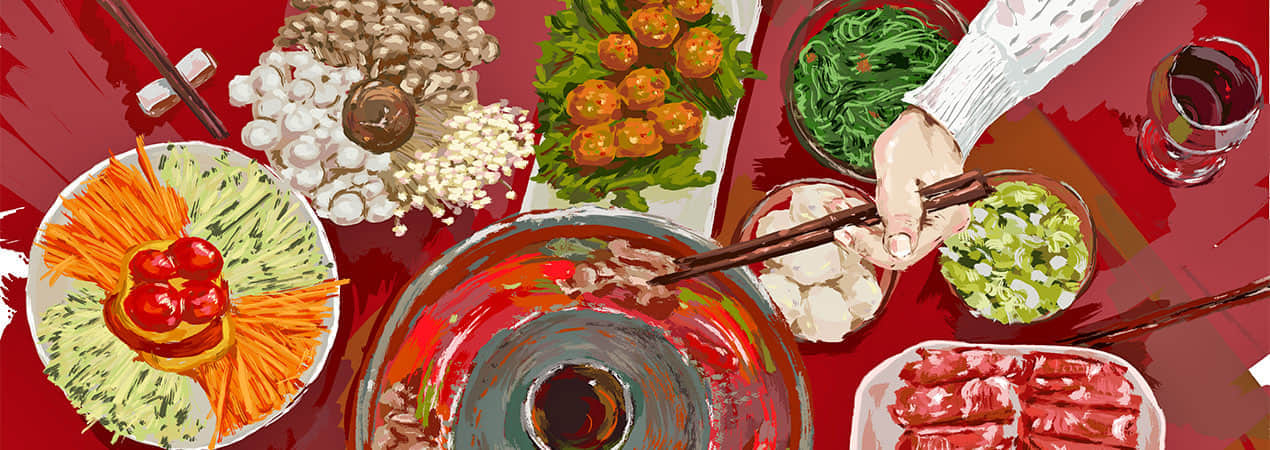20 Free Pieces Of Advice To A Guide to China Food Scene
20 Free Pieces Of Advice To A Guide to China Food Scene
Blog Article
Top 10 Tips On Regional Specialties When Shopping In China
1. Research before you travel. Tip: Find out the most famous things each region is known for. For example, Suzhou for silk, Jingdezhen for porcelain, and Tibet for Thangka painting.Pro: It enables you to focus your shopping time and avoids time wastage.Con: Needs to be ready and aware of the major attractions of the area.
2. Authenticity is ensured by buying localTo ensure authenticity and quality, purchase products directly from the original point.Pro: Reduces the risks of copyright products and also helps local artisans.Con: Must travel to areas in rural areas or less popular tourist destinations.
3. Visit the Artisans and WorkshopsTIP: Try small workshops or artisan hubs in lieu of generic shops.Pro: Allows for a more understanding of the craft and ensures that you're buying directly from the creators.Con: Handmade goods are more expensive and difficult to bargain on.
4. Understanding the significance of cultureLearn about the history behind your objects like cloisonnes, jade sculptures, or calligraphy.Pro: Adds meaning to your purchases and increases the quality of the products.Cons: It may take some time to understand all the cultural subtleties.
5. Verify the QualityYou can determine the quality by examining items like ceramics, tea, embroidery or tea.Pro: This product will ensure you receive exactly what you are paying for.Pro: It requires some knowledge or experience to locate high-quality items.
6. Beware of mass-produced itemsPick unique items that are hand-crafted instead of mass-produced copies.Pro: You'll bring home something truly unique and valuable.Con The truth is that genuine craftsmanship is typically more expensive and harder to come by.
7. Compare PricesCheck out multiple stores to see the price of a particular item.Pro: Aids you identify acceptable price points and prevents being overcharged.Cons: Time-consuming especially in large markets.
8. Purchase tea from trusted suppliersVisit reputable tea shops in areas like Hangzhou or Fujian to locate Longjing (Dragon Well or Tieguanyin) teas.Pro: Assures authenticity and top quality.Con: Tea of good quality can be costly and is difficult to prove for newcomers.
9. Learn to recognize Local CustomsTips: In certain regions sellers may require you to negotiate or see haggling as part of the process.Pro: Provides a stimulating culture to shopping.Uncertainty about customs can lead to awkward situations.
10. Pack judiciouslyPrepare for the transport of fragile or bulky regional goods like silk or ceramics back to your home.Pro: Avoids damages to your products and ensures they arrive safely.Cons: Additional logistical issues and potential shipping cost.
Pros to Shopping for Regional SpecialtiesUnique Souvenirs.Cultural Immersion: Buying local specialties connects you with the history of the region and its craftsmanship.Direct purchases made by artists help local economies.Pros and Cons of Shopping for Regional SpecialtiesAuthenticity concerns include the risk of buying counterfeits or versions that are lower in quality.Transporting fragile and heavy items can be difficult.The genuine regional products, specifically those made by hand, can be costly.With these suggestions and guidelines, you will be able to shop confidently for local specialties, making sure you make memorable and meaningful purchases from your trip to China. Take a look at the best authentic tastes of China for website examples including from street food to fine dining in China, a taste of China best local foods, explore China food scene, taste the regional flavors of China, Chinese food culture guide, from street food to fine dining in China, savor the flavors of China, a deep dive into China food culture, experience traditional Chinese food, famous foods in China cities and more.
Top 10 Tips To Ensure Cultural Respect When Visiting Famous Chinese Temples
1. Keep in mind the Temple EtiquetteTip: Each temple has their own rules and rituals. If you're in a foreign country, it's important to adhere to local customs.
Pro: Shows a high regard for the temple's sacred practices and rituals.Con: Can feel overwhelming if you're not used to the temple rituals or etiquette.2. Dress sensuallyDress in clothes that cover the legs, shoulders and arms. Certain temples might offer shawls or scarves to those who want to dress in a conservative manner.
Pro: This is a sign of reverence for the sacred place and prevents offending locals.Con: It can be uncomfortable in hot weather. Extra clothing is required.3. Remain calm and remain quiet.Tip: Keep a calm and peaceful demeanor when in prayer and sacred spaces. halls. Be quiet and refrain from loud conversations.
Pro: Ensures the sanctity of the place and displays respect for worshippers.Con: Silence can seem awkward or uncomfortable in crowds of tourists.4. Avoid Disrupting WorshippersDon't interfere with someone who is praying or meditating. It is okay to let them complete their rituals.
Pro: Shows respect for the spiritual practices of others.Cons: You might feel in the presence of worshipers and be enticed to talk with them however, it's better to be aware of distractions.5. Don't touch sacred objectsTips: Avoid touching altars, statues or other sacred objects, unless expressly permitted. These objects are usually considered to be sacred.
Pro: Respects traditional practices and protects the sacred.Cons: It can be tempting to touch objects in the hopes of taking photos or just because of curiosity.6. Do Not Disrespect EldersTips - In many temples, older people have a position of respect. Make sure you are courteous when you interact with them.
Pro: Respects the value of culture of respecting older generation.Cons: It could feel foreign if it's not your first language.7. Get the direction of the locals.Tips : If you don't know how to act in a particular circumstance, try following the example of locals.
Pro: You'll blend seamlessly and be sure that you are following the correct procedures without any errors.Cons: It might take some time to study the practice and learn about them.8. You must ask permission prior to photographingAlways get permission before making photos, especially if you are in a place where people may be praying or photography is not permitted. Some temples may prohibit photography entirely.
Pro: Shows respect for privacy of others and the sanctity of the space.Con: It can result in missed opportunities for photographs, particularly when you are in beautiful places.9. Honest and Respectful OffersSimple and simple items are the best when you're planning to present an offer (such as flowers, incense or fruits). Avoid extravagant gifts unless specifically required for special occasions.
Pro is that it aligns itself with local customs.Cons: If you don't have local advice, you may be unsure about the best offerings.10. Be aware of your language and conductTIP: At all times, maintain a respectful and calm manner. Avoid using inappropriate language or laughing in sacred spaces.
Pro: Helps create a calm and peaceful atmosphere for everyone who visits.Con A humorous or relaxed attitude might be your instinct But maintaining a calm and collected attitude is essential.Chinese Temples: Cultural Respect is a Pro.Positive relations with locals Respecting the culture of your neighbors will help you form positive relationships.A deeper understanding of culture: demonstrates the desire to comprehend and be immersed in Chinese traditions.The temple culture is a rich and rewarding experience if it is revered.Avoiding mistakes by adhering to the cultural norms, you will avoid disrespecting sacred people or places, and also ensure a smoother trip.Increased Spiritual Sensitivity. Being aware of the culture and spiritual practices in a specific area can help provide you with a greater understanding of their practices.Contraints of Cultural Respect in Chinese TemplesCultural Misunderstanding : If don't have the information, you could be able to commit a mistake in your temple manner and create discomfort.Physical discomfort Dressing modestly in the summer heat or adhering to a strict set of rules can cause discomfort.Restricted Freedom: You might feel constrained by the strict rules that apply to your temple visit.It is time-consuming: Attending temple ceremonies and learning customs may require more time. Your general schedule of sightseeing may be affected.Language Barriers: It can be difficult to understand certain practices or request permission if you have an issue with your language.If you follow these guidelines and showing respect for traditional Chinese customs, you will not only have an enriching and satisfying experience in China’s famous temples but also help to preserve their sacredness. Follow the top rated China famous food destinations for site info including taste your way through China, food guide to China best cities, uncover China food traditions, a deep dive into China food culture, taste your way through China, must-try foods in China, Chinese food you must try, taste your way through China, discover China culinary delights, Chinese food culture guide and more.